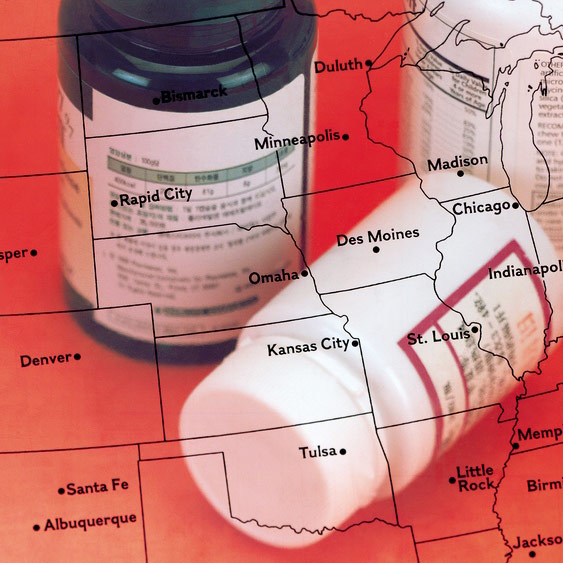
TUESDAY, July 20 (HealthDay News) — A new study finds that the human papillomavirus (HPV) vaccine protects not only against the sexually transmitted virus that causes cervical cancer, but also helps prevent genital warts and low-grade cervical growths.
The findings are published in the July 21 online edition of BMJ. Health officials in the United States have been urging vaccination of young women and girls.
The researchers estimate that the virus causes an estimated 500,000 cases of cervical cancer in women each year around the world. The virus can also cause warts in the genital area and low-grade cervical growths. Those two conditions are thought to strike 30 million people annually.
In the just-released randomized control trial, researchers studied 17,622 women in 24 countries and territories who had been assigned to take the vaccine or a placebo over a six-month period. The women were aged 16 to 26.
Joakim Dillner, of the department of medical microbiology, Lund University, Malmo University in Sweden, and colleagues found that the vaccine provided significant protection against the warts and tumors in susceptible women. For example, 168 of 7,632 women who took the placebo developed cervical growths attributed to HPV strains, while just seven of the 7,629 who took the vaccine did, they noted.
In the big picture, the study authors wrote, the vaccine “provided strong and sustained protection” for four years against various types of warts and low-grade female genital growths.
The study was funded by Merck Research Laboratories, a division of Merck & Company, maker of the HPV vaccine Gardasil.
Dr. Clyde Crumpacker, a professor of medicine at Harvard Medical School in Boston, said in an interview that the study is useful because it shows the vaccine can do more than prevent the virus from spreading.
“The vaccine has not yet been licensed for boys, but this study provides a strong case that boys should be vaccinated to prevent acquisition of HPV and prevent genital warts,” said Crumpacker.
More information
The U.S. National Library of Medicine has more on HPV.

